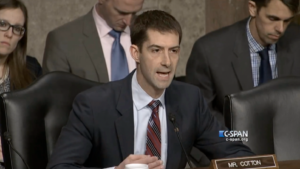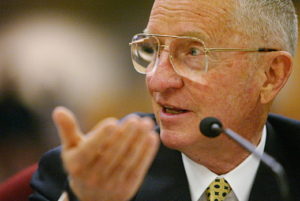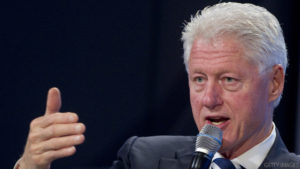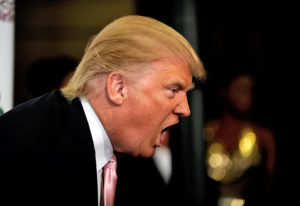It’s becoming almost normal, it seems, for international sports authorities to worry about the Summer Olympics preparation.
Will the hosts be ready? Will the country survive the onslaught of tourists and athletes? Will its venues be complete? Oh, and what about the terror threat?
Rio de Janeiro is going through all of that — and more — as it prepares for the 2016 Olympics.
Pardon me if I sound a bit skeptical, but I believe we’ve been through a good bit of this before — only to have our worries shown to be overplayed and overblown.
I get the concern worry about the Zika virus; no one wants to get bit and then have something terrible happen to their offspring. The Brazilian economy appears to be tanking. The country’s political leadership is in turmoil. The cops keep finding corpses near the sporting venues, which quite naturally is unsettling in the extreme.
What has happened, though, in previous run-up periods in recent Olympics, though, is that the planners find a way to pull it together.
Let me give you three examples:
Atlanta, 1996: Atlanta had traffic woes. There was deep concern over whether the city would be able to accommodate the huge crush of visitors. And after the Barcelona Games four years earlier, there were stated concerns about whether the Atlanta organizers could come up with an opening ceremony worthy of the Olympics; the world had been abuzz over that Spanish archer firing the flaming arrow over the Olympic cauldron.
Well, the traffic was a bit of a problem, but they managed.
As for the opening ceremony … well, they kept the identity of the athlete who would light the torch a surprise. Then out stepped the late Muhammad Ali to electrify the world. There wasn’t a dry eye in the stadium that night — or anywhere else.
Athens, 2004: The Greeks managed to pull off one of the more elegant and — to me, at least — meaningful Olympics in recent memory. They had their difficulty. There was actual worry about whether they would have the venues completed. The Greek organizing committee members were stabbing each other in the back with their bickering and quarreling.
In stepped Gianna Angelopoulos-Daskalaki, who managed the Greeks’ winning bid to get the Games. She pushed the men aside and got the job done.
Security threat? Forget about it. The Greeks deployed virtually their entire military to assist with the police and international intelligence agencies in ensuring nothing would happen.
The Games were magnificent.
Beijing, 2008: The People’s Republic of China had a unique concern. Pollution chokes the air in China’s capital city. The athletes feared they couldn’t compete in an atmosphere where they would be choking on motor vehicle and factory fumes.
Venue preparation was not a concern for the communists. They know how to get things done and, of course, they don’t tolerate dissent in any form.
How did they clean up the air? They imposed a sort of motor vehicle martial law. They banned driving during several hours of the day. They also strongly encouraged citizens to use available mass transit whenever possible.
The result? Problem solved. The air wasn’t perfect, but the athletes were able to compete in show-stopping fashion during the Beijing Olympics.
London had its share of woes as it got ready for the 2012 Summer Games, although they seem a bit muted now four years since.
I know that many top athletes are opting out of the Rio games over Zika fears. That’s their call and I won’t second-guess them.
But this talk about moving the Olympics out of Rio never had legs.
I am the eternal optimist about the Brazilians’ ability to take the stage and do what they must to ensure a safe and joyous Olympic event.
The world will be watching.








